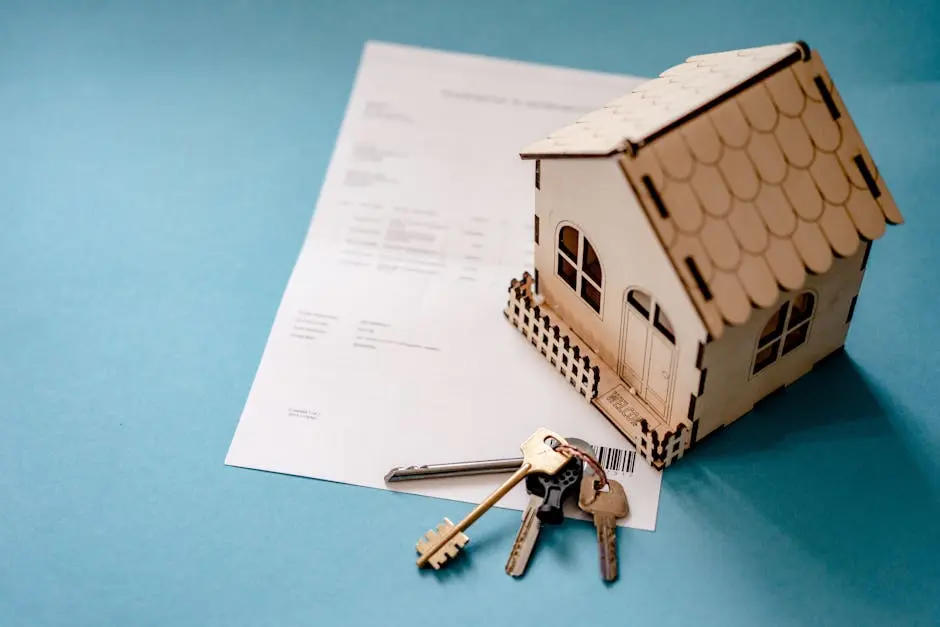
Navigating the world of estate tax planning can seem daunting, but it’s a crucial step for anyone looking to manage their assets wisely and ensure their loved ones are taken care of. In this FAQ, we’ll break down what estate tax planning is, why it’s essential, and how you can effectively plan for it.
What Is Estate Tax Planning?
Estate tax planning involves preparing for the transfer of a person’s wealth and assets after they pass away. This includes managing the tax implications associated with this transfer to ensure that the heirs receive the maximum benefit.
But what does this mean for you specifically? It means considering various strategies like setting up trusts or making charitable donations that could potentially reduce taxable portions of your estate. By doing so, you ensure your loved ones aren’t burdened with hefty taxes and can instead focus on cherishing the legacy you’ve left.
Moreover, estate tax planning isn’t solely about money. It’s about peace of mind. Knowing that your wishes are clearly outlined and legally documented can relieve stress and emotional burdens for both you and your beneficiaries.
Why Is Estate Tax Planning Important?
Proper estate tax planning helps reduce the future tax liability on the estate, minimizes the potential for familial conflict, and ensures that more of your assets go to your beneficiaries rather than the government.
Imagine a scenario where significant portions of your estate are consumed by taxes. Without proper planning, your assets could substantially diminish before reaching your family. The key is to protect what you’ve built over your lifetime from substantial tax losses.
In addition to financial benefits, it promotes family harmony. Estate planning clearly defines asset distribution, which helps in minimizing disputes among heirs. After all, preserving family peace is just as vital as preserving wealth.
In essence, estate tax planning is both a financial strategy and a testament of care for your loved ones. It’s about ensuring the smooth transition of wealth and maintaining family unity.
Key Components of Effective Estate Tax Planning
Effective estate tax planning includes understanding the current tax laws, creating a comprehensive estate plan, utilizing trusts, and working with qualified professionals to ensure all aspects are covered.
A vital component is staying informed about evolving tax legislations, which can impact your estate. Engaging a knowledgeable estate planner can help keep your strategies up-to-date, aligning them with current legal necessities and maximizing tax efficiencies.
Trusts, often a cornerstone of estate planning, allow you to dictate terms under which your assets are distributed. They can offer tax advantages, asset protection, and reduce probate complications.
Collaborating with advisors in estate law, tax, and financial planning ensures a holistic approach to managing your assets. Their expertise combines to create a thorough and protective estate plan.
How to Get Started with Estate Tax Planning
Getting started with estate tax planning involves making an inventory of your assets, defining your goals for distribution, and consulting with an estate planning attorney to create a tailored plan that suits your needs.
First, outline your objectives. Are you looking to provide for family, support charities, or ensure the continued success of your business? The answers should guide the shape of your estate plan.
Then, gather a complete list of all your assets, including properties, investments, insurance policies, and business interests. This inventory provides a clear picture of what makes up your estate.
Finally, seek advice from estate planning professionals. Their specialized knowledge can help clarify complex decisions and implement the best strategies to meet your unique circumstances and goals.
Wrap Up: The Importance of Estate Tax Planning
Understanding estate tax planning is pivotal for ensuring your assets are protected and your legacy is secure for future generations. By proactively managing your estate, you not only safeguard your wealth but also provide peace of mind to your loved ones. To learn more about how Estate Done Right can assist you, explore our homepage for a wealth of resources and professional guidance.






